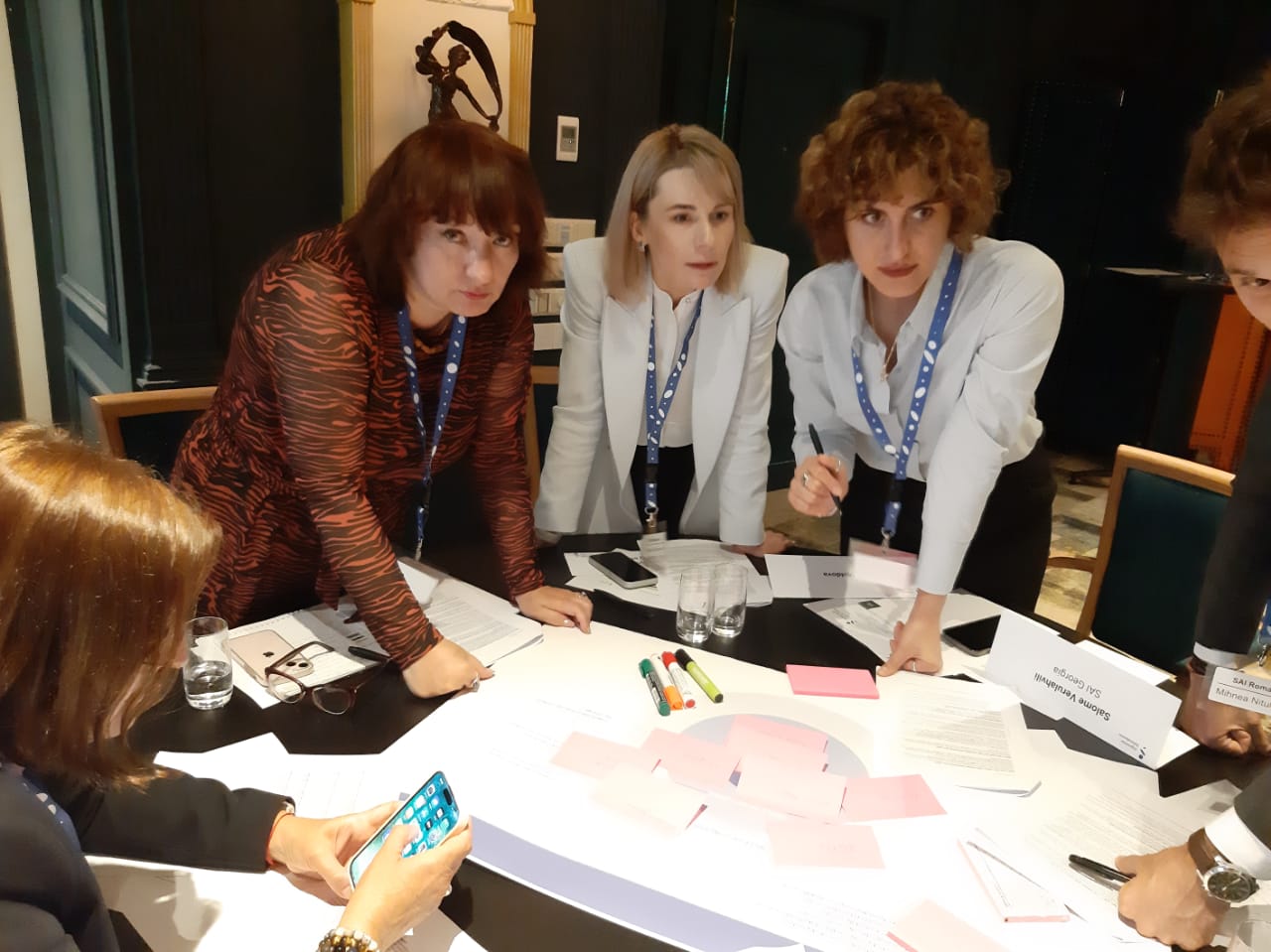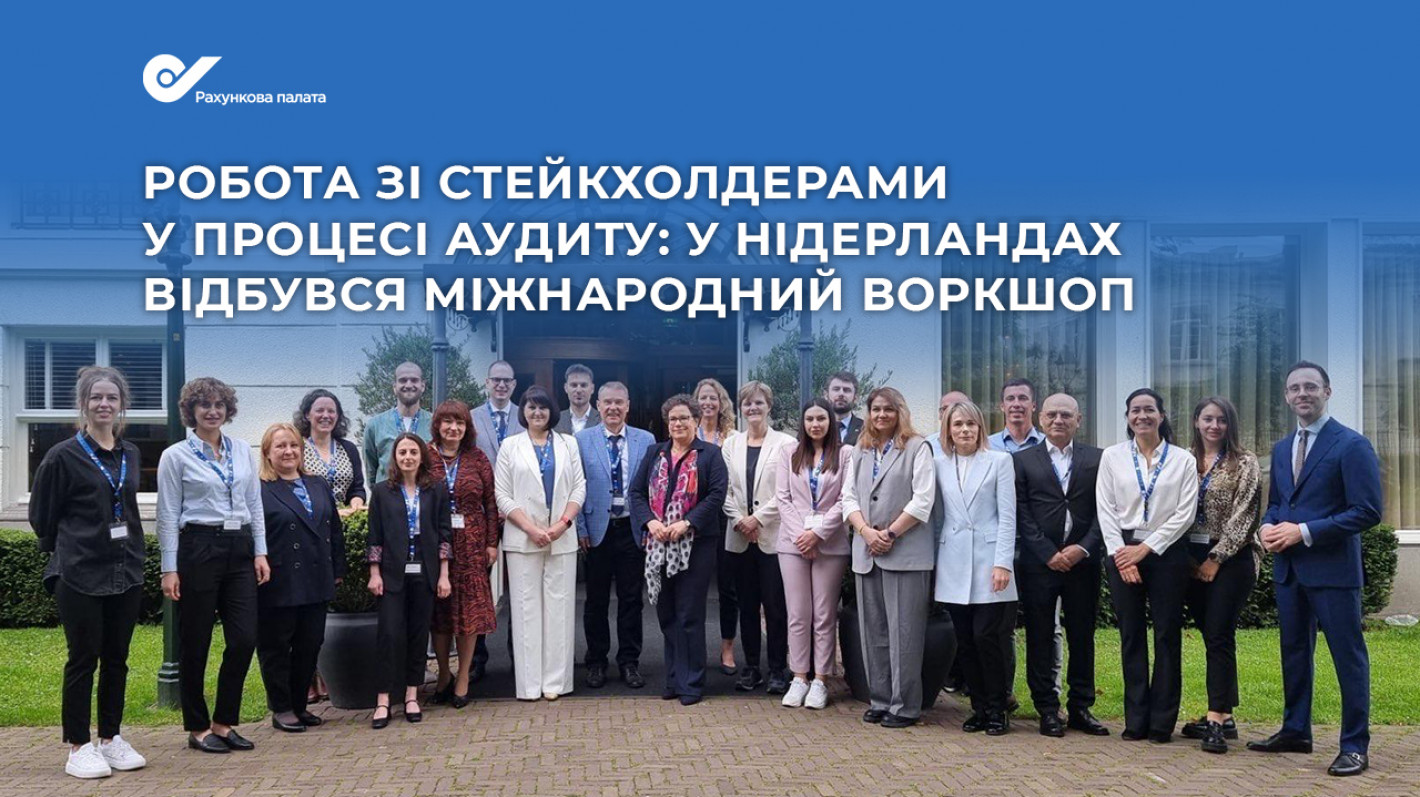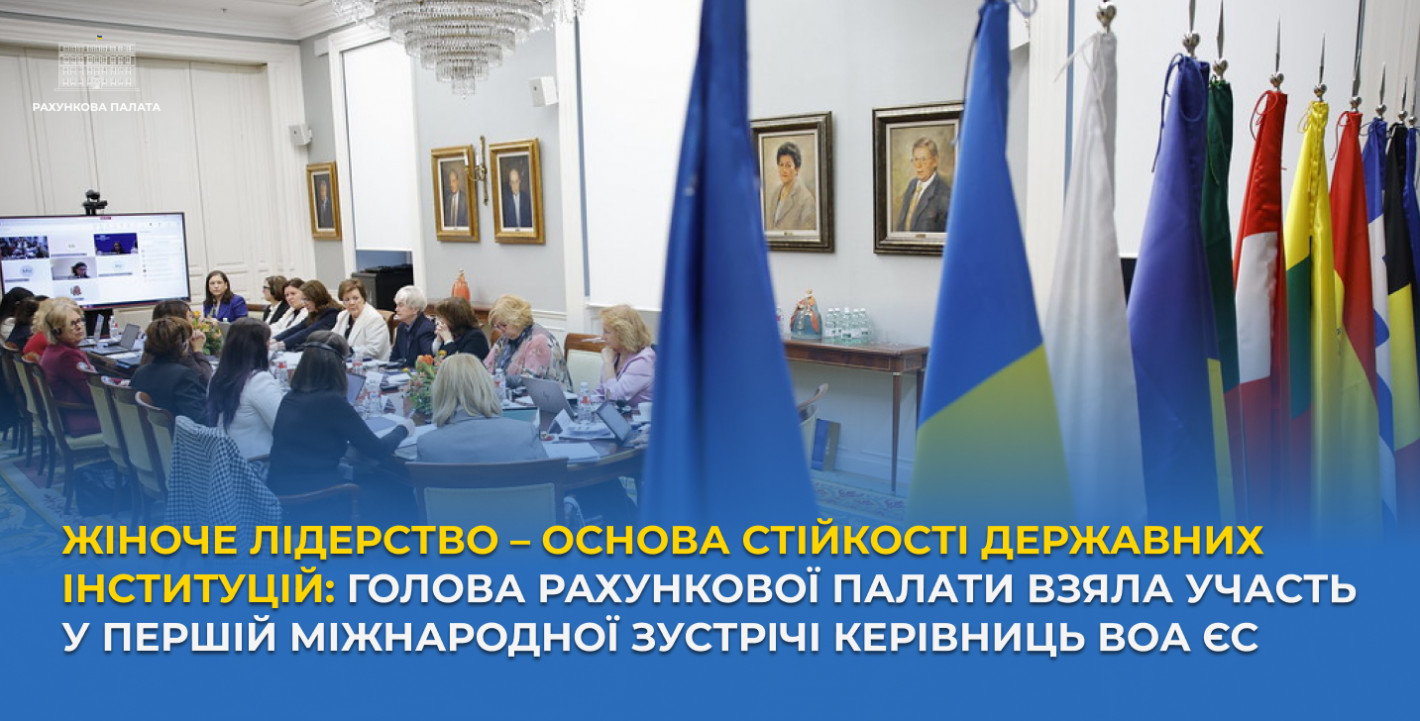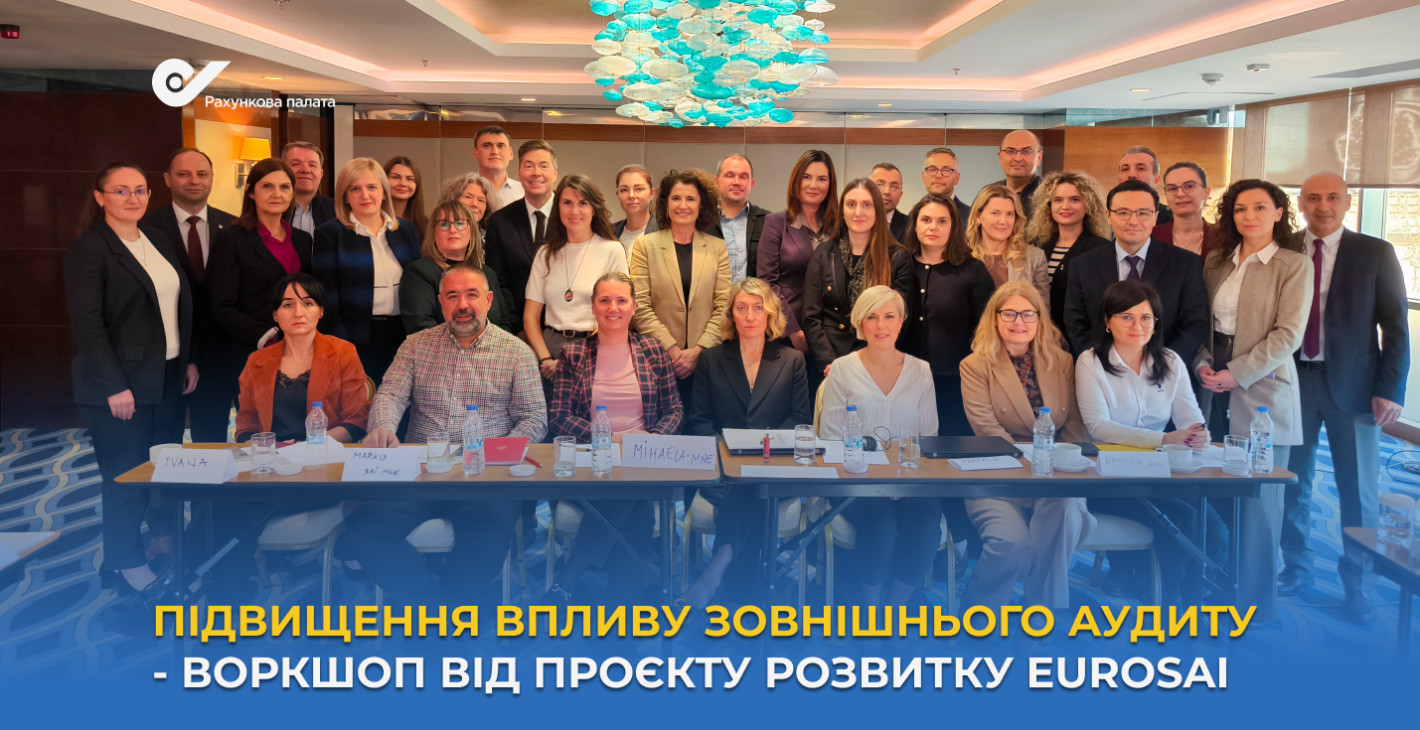Theories, models and types of influence, as well as ways to increase the impact of audit, by involving interested parties (stakeholders) were studied by auditors from eight countries during a thematic workshop held at the beginning of June in The Hague (Netherlands).
The event was organized by the program of the Ministry of Finance of the Kingdom of the Netherlands and brought together auditors from Ukraine, the Netherlands, Bosnia and Herzegovina, Bulgaria, Georgia, Moldova, North Macedonia and Romania. This exchange of experiences is a continuation of the interactive online sessions and offline meetings that have been going on for the past two years.

Auditors held brainstorms and participated in discussions to develop modern and most effective ways to involve stakeholders in the audit process, to cooperate with them in order to strengthen positive changes as a result of the implementation of audit results. Also, practical tasks were carried out on formulating issues of the influence matrix from the involvement of stakeholders.
On behalf of the Accounting Chamber, the Head of the Unit of the Department of Control of the Humanitarian and Social Sphere Olga Dykuha, the Head of the Unit of Strategic Development, Quality Control and International Activities Yurii Radionov and the Deputy Head of the Department of Control of the Agricultural Industry, Use of Natural Resources and Environmental Protection Lilia Prudyvus took part in the workshop.

For Ukrainian auditors, this experience is extremely useful and valuable, especially in the context of reforming the Accounting Chamber and the institution's plans to strengthen its interaction with stakeholders, in particular, the Verkhovna Rada of Ukraine.
During the visit to the Netherlands, the Ukrainian auditors also visited the international non-governmental organization Oxfam Novib. It takes care of solving the problems of poverty and its related problems all over the world. There, Ukrainian auditors got acquainted with the peculiarities of the methodology of monitoring and evaluation of results, which lead to positive changes in policies, actions, activities of organizations, individuals, and society as a whole.







